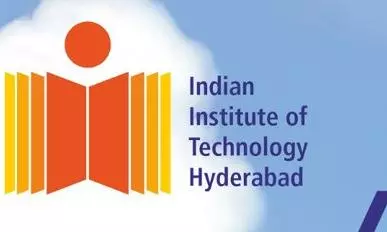IITH, Swinburne launch joint research centre
Since 2017, IITH and Swinburne have partnered on a PhD programme, with 39 scholars have completed their doctorates and 32 more currently enrolled

Hyderabad:The Indian Institute of Technology Hyderabad (IITH) and the Swinburne University of Technology, Australia, have launched SIMMECT, a joint research institute focused on manufacturing, energy transition and next-generation communication and quantum technologies. The initiative aims to accelerate innovation through collaboration.
Since 2017, IITH and Swinburne have partnered on a PhD programme, with 39 scholars have completed their doctorates and 32 more currently enrolled. The success of this initiative laid the foundation for SIMMECT. The new research centre will now facilitate partnered PhD programmes, joint PhD supervision and researcher exchanges. By combining expertise from both institutions, the institute seeks to advance research with direct industry and societal applications.
SIMMECT will focus on three key areas. In materials and manufacturing, it will support research in surface coatings, new material development and additive and digital manufacturing. In energy transition, it will address challenges such as the decarbonisation of heavy industries, the processing of critical minerals and e-waste recycling. In next-generation communication and quantum technologies, researchers will explore 6G, quantum communication, quantum sensors and quantum theory.
The initiative is led by Prof. Christopher Berndt and Associate Prof. Andrew Ang of Swinburne. Their efforts have been key to establishing SIMMECT. Prof. Karen Hapgood, deputy vice-chancellor (research) at Swinburne, described the institute as a natural progression of an already successful partnership. “Our collaboration with IITH has delivered strong results in joint research and PhD training. SIMMECT will further strengthen our ties and create new opportunities for research and innovation.”
IITH director Prof. B.S. Murty noted that SIMMECT is supported by initial seed funding from both institutions. It aims to facilitate knowledge-sharing, secure joint research funding and organise workshops and symposia. With pressing global challenges in climate change, resource management and communication technologies, SIMMECT’s research will play a crucial role, he added.

